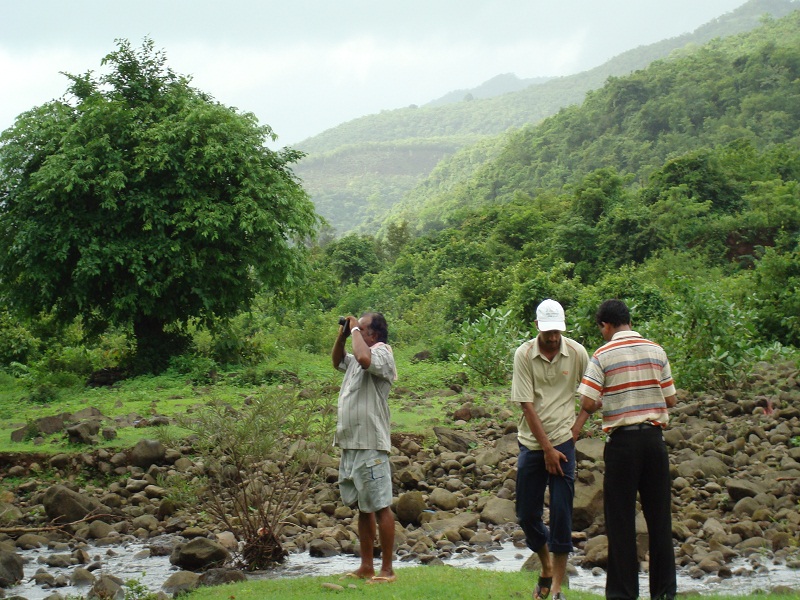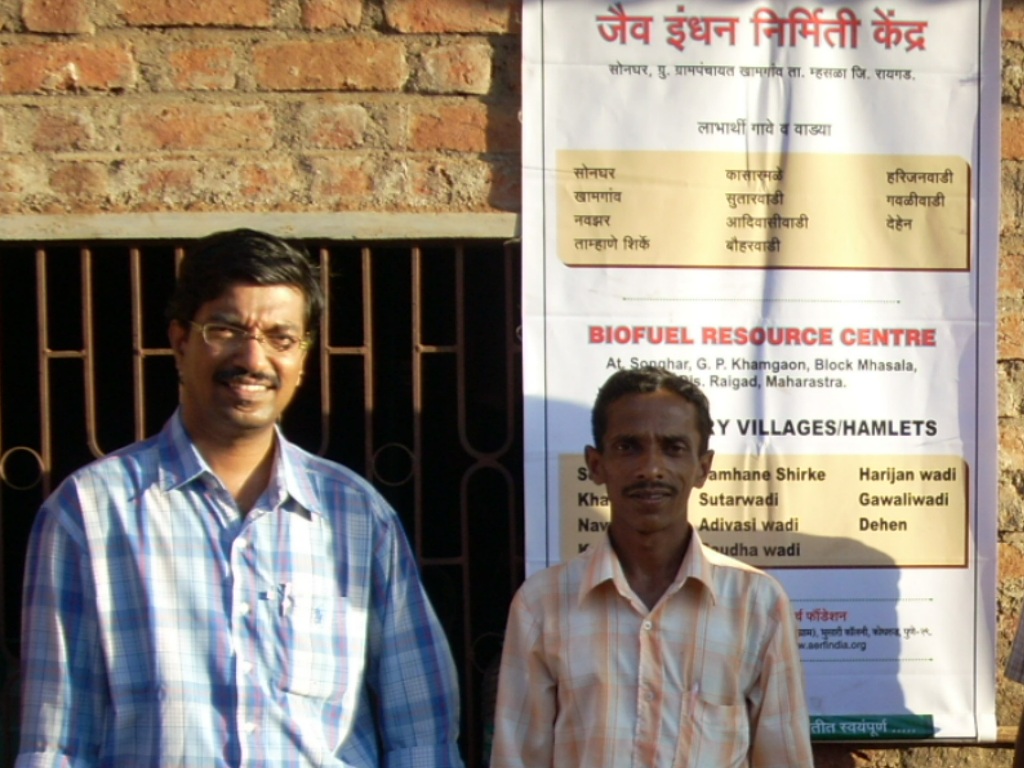Biodiversity conservation is an interdisciplinary subject. Though there is broad consensus on this definition from different stakeholders – NGOs, Activists, academics and the government - rarely is an integrated approach adopted while designing and/or implementing a conservation initiative. Majority of institutions engaged in imparting training in biodiversity conservation think and promote the idea that‘research means conservation’. By definition, conservation means saving, preserving and/or sustainable management. Research is one of the tools for saving biodiversity or an ecosystem. It can’t be the goal of conservation. Some think awareness generation means conservation. Awareness generation in order to be effective needs to be done continuously and more importantly among decision makers and primary stakeholders– land owners, farmers, teachers, government officials and businesses. Similarly, awareness generation unless supported by on-ground action can’t create long lasting impact. Moreover, in today’s time a conservation initiative needs be pragmatic, innovative and inclusive in order to be accepted. It is with this understanding that AERF has been working with different stakeholder groups for building their capacity in conservation. We believe that this approach is fundamental in increasing and widening the constituency of conservation.
Some of the important initiatives of AERF in capacity building are as follows
Interns and volunteers program
AERF has been running this program since 2007. More than 200 interns and volunteers have used this opportunity to gain experience in the field of community-based conservation, social enterprise, value chains, technology-based solutions for conservation, applied research, renewable energy over the last ten years. AERF had been very open to the idea of cross-sectoral learning for conservation as it helps broaden our perspective of issues linked to loss of biodiversity as well as for devising new strategies for conservation. Participation of management graduates, engineers, students with background in economics, social sciences and forestry in this program is an indicator of wider perspective of conservation that AERF shares and promotes.
Importantly, some of the internship projects have received awards at international competitions in the USA. Read more

Community capacity building – Monitoring good practices in sustainable use and green enterprise
Skill building and training of local communities in biodiversity monitoring , sustainable use , enterprise development and sustainability plays critical role in changing the perception of this very important stakeholder group about role and importance of biodiversity and forests in sustainable living. Capacity building covering these aspects is an integral part of all the initiatives of AERF. Some of the important results of the capacity building efforts are
1. Indigenous community Mahadeo Koli adopt sustainable collection practice and receive FAIRWILD an international certification for sustainable collection and processing 2 years in a row.
2. Independent running of decentralized bio-fuel resource center for last ten years in Alibaug
3. Protection and conservation of sacred groves in villages Vashi, Kirbet, Kosumb, Talawade, Devade and Ujgaon in Ratnagiri district by local communities


Collaboration With CSOs And Like Minded People
AERF has maintained a view that partnerships with civil society organization, activist groups are very important for sharing experiences and learning. AERF has organized meetings and events from time to time for sharing perspective and challenges of conservation with different CSOs and activist groups over last 20 years. We think that lot of resources and failures could be avoided through such meetings. Moreover, scaling up of any good initiative can be implemented in effective manner through collaboration with other CSO partners.
AERF with a group of CSOs and individuals formed the North Western Ghats Conservation Network (NWCN) in 2011 to propagate collaborative efforts for biodiversity conservation in this region with shared understanding of the core issues plaguing the region. The network provides a platform for interested stakeholder groups to exchange ideas, concerns and discuss conservation issues from within this area and come up with novel solutions.
Earth Expeditions India Program
It has been observed that people interested in conservation often choose research as their career focus and opt for Ph.D programs abroad or opt for teaching at educational institutions.It leaves behind significant gap in the required number of skilled and trained people for on-ground conservation and availability of such people for these tasks. In order to deal with this issue, AERF collaborated with University of Miami , Ohio and developed a training program – Species, Deities and Communities which focuses on understanding the role and importance of traditional knowledge, cultural practices and beliefs of local communities in sustaining conservation in the North Western Ghats. This program is running in its 4th years and about 60 students associated with different institutions in USA have participated in these program events since 2014. Read more
Corporate Conservation Program
The intrinsic connect between man and nature is diminishing due to changing lifestyles and the ever-increasing time spent in ‘created’ rather than natural environments. This evolution has gone so far that it is becoming difficult to reconnect with what was once our natural habitat. As is the rule of nature, the repercussions of such simulated living are manifesting themselves through various physical and mental ailments.‘Corporate Conservation Programme’ (CCP) is specifically tailor-made to address the very issue of environmental sensitivity and disconnect amongst the young working population of our society. The programme has been designed to imbibe a feeling of responsibility towards the environment and for ‘nature lovers’ to become actual ‘doers’ through such activities. It is also a channel to inculcate the refined analytical minds of the educated class to correct a global problem with global repercussions. The CCP Programme will be implemented through site visits and specially curated talks for the members with various other benefits.